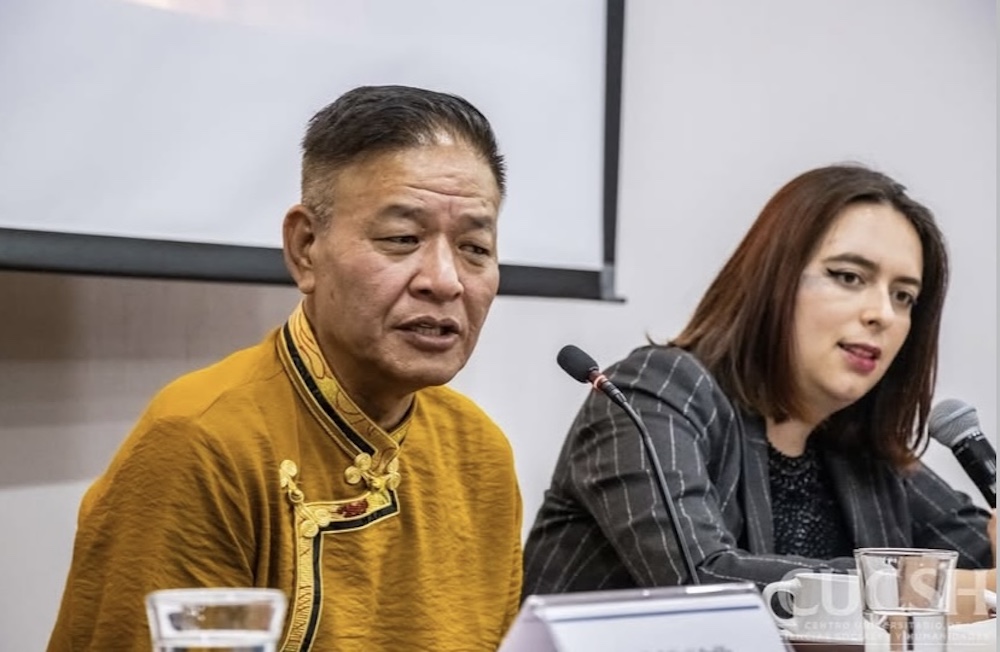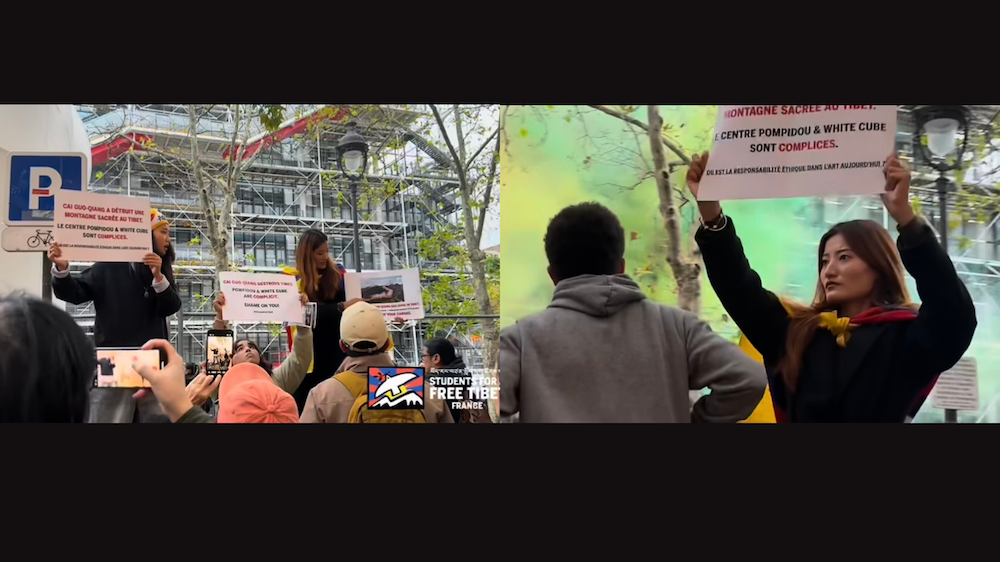By Pranab Dhal Samanta
NEW DELHI, DECEMBER 2 – For all the emphasis on not letting contentious issues of the past impact progress of the bilateral relationship, China is still unwilling to shed the 1962 baggage when it comes to letting India open a consulate in Lhasa. Though India has made it repeatedly clear that it recognises Tibet Autonomous Region, China turned down the Indian proposal for opening a consulate in Lhasa ahead of Chinese President Hu Jintao’s recent visit.
There were, in fact, three places under discussion—Lhasa, Chengdu and Guangzhou. China agreed to Guangzhou which will also cover Sichuan province of which Chengdu is the capital and in return, India gave its nod to Kolkata with the rider that the consulate there will not cover the North-East states. The Chinese response to the Lhasa request was that at present, it does not allow any country to have a consulate there. The only country with a consulate there is Nepal, which has been existing before the Dalai Lama escaped from Tibet to India in 1959.
Until the 1962 conflict, India was the other country with a consulate there. New Delhi began to show interest in reopening a consulate in Lhasa after former Prime Minister Atal Behari Vajpayee’s visit in 2003 when India recognised Tibet as an autonomous region of China. Sources said such a move would have helped underline the committment on both sides to bury issues of the past.
Given that the two countries have committed to promote trans-border connectivity and border trade, sources said, there are great prospects of revitalising the old Kolkata-Lhasa trade route. Until the first decade of the 20th century, Kolkata was the most accessible port for Lhasa and much of the trade took place from here.
Once the Nathu La-Gangtok road is upgraded under the Special Accelerated Road Development Programme (North-East), studies indicate that the travelling from Kolkata to Lhasa will be as good an option as the recently launched Xining-Lhasa train.
In this conext, the understanding in South Block was that having a consulate in Lhasa will help develop people-to-people contact besides giving an impetus to cross-border trade. But Beijing still seems to be not that comfortable when it comes to access to Tibet Autonomous Region. This is complicated by the fact that back in 1959, protesting Tibetans had formally sought help from New Delhi through plea submitted to the Indian Consul-General in Lhasa.









